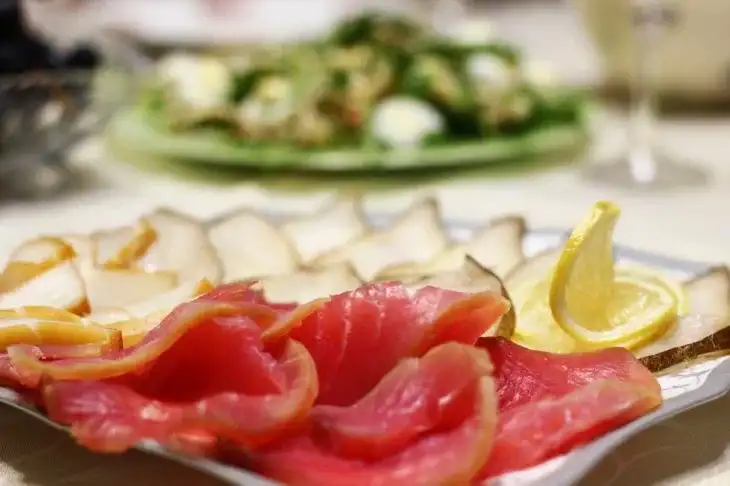What should a fasting day be like so that it does not harm the body: rules for safe fasting
If you decide to have a fasting day, prepare for it in advance.
The night before, prepare a light, low-calorie dinner – it could consist of steamed vegetables or, for example, a vegetarian soup.
The exit from the diet should be just as smooth - after a fasting day, do not overeat and avoid eating fatty and heavy foods.
What a fasting day can be like
If we classify them by the type of diet, then fasting days are as follows.
1. Mono-product, when you are allowed to consume only the same type of products that contain few calories - the diet can be, for example, protein, fermented milk, fruit, etc.

We remind you: mono-diets cause quite serious stress to the body, so they are not recommended for unprepared people.
2. Combined – as the name suggests, you can eat several components, but the dishes should still be low-calorie and the portions small.
This option is considered safer and more comfortable.
What day is suitable for unloading?
In addition to choosing the right foods, it is also important to choose the right day to carry out a fasting diet.
It is not recommended to combine a diet with heavy physical work - otherwise, there may be undesirable consequences for the body.
Also, fasting days are contraindicated for diseases of the gastrointestinal tract, diabetes and other chronic diseases.
Previously, we explained why people start to gain weight as they age.
